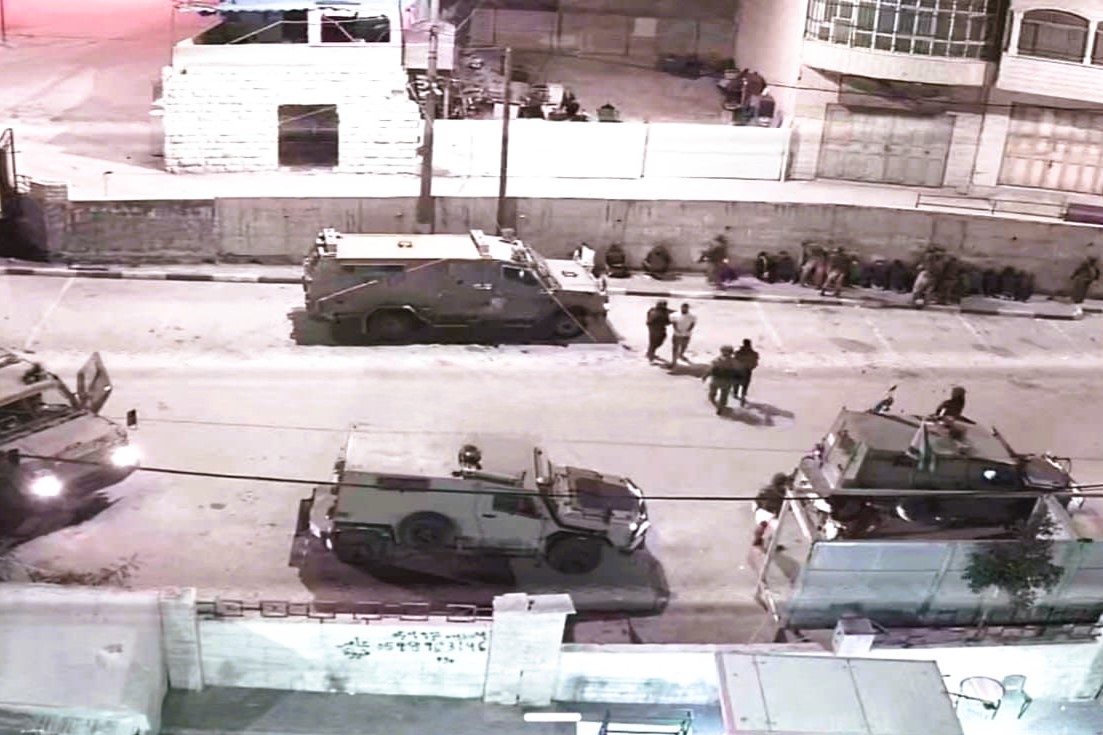By Aseel Akhras
RAMALLAH, August 12, 2017 (WAFA) - Statistics compiled by the Central Election Commission (CEC) showed a retreat for women, youth and political factions in the recent local elections and an upsurge for clans and families.
Percentage of women winners in election was 19.8%, and 22.4% won by acclamation. However, in 2012 elections, percentage of women winners was 21%, and 22% won by acclamation. In Azzoun , al-Mazraa and Hizma, women became mayors, taking into consideration that 51% of voters were males and 49% were females, according to the media coordinator in CEC Fareed Tamallah.
He said winners among youth between 25 and 35 years of age was 19.5% whereas it was 37% for those under 45 years, which marks a noticeable retreat from the 2012 elections when the winners under 45 reached 50%.
Local elections were held over two periods; the first in May 13 with 145 local councils participating in elections while 181 won by acclamation, and the second or complementary elections held on July 29 for those councils that could not for one reason or another hold them on May 13 and this included 14 councils that had elections and 18 won by acclamation. Voter turnout in the May 13 election was 53.4% and in the complementary elections 63.6%.
Tamallah mentioned that percentage of participation in elections in villages was higher than in the cities, which he said was low.
He said that classification for lists is either partisan or independent, and that the last elections marked win for partisan candidates by 35%, while 65% of the winners were independent.
From a reading in the elections, Tamallah said that voting percentage in al-Mazraa al-Sharqiya was close to zero although the number of registered voters was 2539. However, 19 voted for two lists - al-Mara al-Sharqiya First got five votes, which means that even the members on the list did not vote for it, and consequently got three seats, while the other list, al-Mazraa al-Sharqiya For All got 14 votes and consequently had eight seats.
He spoke about the difficulty of controlling election campaigns in the existence of the social media, which makes it impossible to monitor the campaigns especially since the law was written before the spread of social media. He said, however, that most of the lists did not abide by the election campaign.
Tamallah said the CEC sought to prepare election centers to accommodate people of special needs and has hired a number of them while providing brochures in Braille for blind people.
Head of the democracy and human rights center, SHAMS, Omar Rahhal, believes that the clans and families have dominated in the local election. He said the social, cultural and economic dimensions in addition to the belief that women are not capable of holding decision making posts have contributed to the retreat in women political participation.
He said that the quota system is a two-edged sword. While no women won any seat in the districts in the 2006 legislative elections, it was clear that none of the PLO factions have abided by the quota of 30% seats for women set by the Central Council.
He believes that the retreat in political participation of women is due to the work of women committees in the absence of actual strategic plans and conflict in work and programs of civil society organizations.
Rahhal also said the political factions that did not officially participate in the elections had participated through the families and their members participated through family lists, pointing to the retreat of factions in local elections vis-à-vis the clans was highest since the 2012 elections.
He said that in towns and villages, people vote for their relatives, and that family and clan mentality dominates the scene. However, in cities voting is decided based on interest.
Rahhal stressed the importance of holding elections and its importance for putting the Palestinian home in order, but they not an indication for legislative elections that are guided by the policies of the political factions.
He said that winning by acclamation is actually considered an appointment rather than election, and it deprives citizens from their right to choose their representatives while confiscating their democratic right stipulated in article 26 of the Palestinian constitution.
He called for studying the results of the elections and draw strategies based on the outcome and data of the elections in order to advance the domestic Palestinian state.
M.K.









